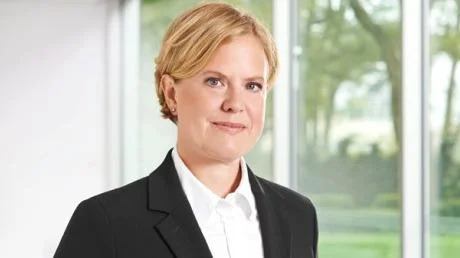Access to credit has become increasingly challenging for small and medium-sized enterprises (SMEs) in Germany, according to data from the first quarter of 2025. KfW Research reports that 33.8 percent of SMEs encountered restrictive loan negotiation practices, marking the highest percentage since the survey's inception in 2017.
Dr. Jenny Körner, a credit market expert at KfW Research, cited the "feeble and uncertain economic situation" as a primary cause of this trend. She explained, "Enterprises that are in a difficult financial situation are requesting more loans and being rejected by credit institutions because of their low credit standing."
In contrast, the situation for large enterprises improved slightly in the same period. Only 23.6 percent of large enterprises reported restrictive loan negotiations, a decrease of 8.3 percentage points compared to the previous quarter.
These insights come from the KfW ifo Credit Constraint Indicator, which analyzes economic survey data by the ifo Institute across various size classes and sectors.
The construction industry experienced the most significant deterioration in credit access. Among SMEs in this sector, 29.6 percent faced challenges, an increase of 4.8 percentage points over the prior quarter. For larger enterprises in construction, the percentage increased by 5.3 points, reaching 33.3 percent.
Additionally, there is a noticeable decline in the demand for loans. The percentage of SMEs requesting loans dropped by 1.2 percentage points to 19.9 percent, while loan interest among large enterprises fell by 0.8 percentage points to 27.2 percent.
Dr. Körner noted, "Even though key interest rate cuts have already begun, there is no end in sight to the weakness in demand for business loans.” She emphasized that the "renewed rise in longer-term loan interest rates," along with trade uncertainties exacerbated by recent tariff actions, are contributing factors.
KfW Research also released a position paper titled "Managing the transition, strengthening growth," available for download. It explores the current economic standing in Germany and offers recommendations in five policy areas.

